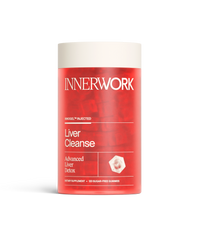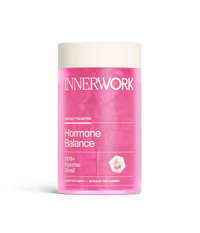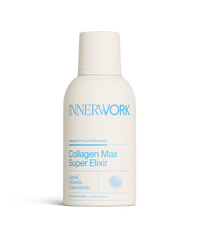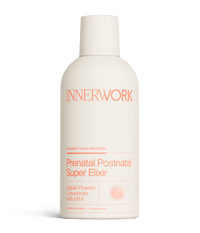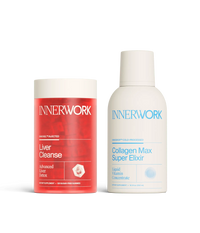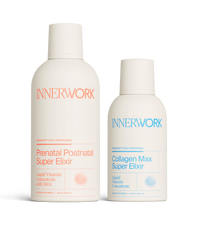Folate, a naturally occurring B-vitamin found in whole foods, plays a vital role in DNA synthesis, repair, and methylation—processes crucial for cell division and growth. During early pregnancy, folate's importance peaks as it contributes to the formation of the neural tube, which develops into the baby's brain and spinal cord. Folic acid, conversely, is the synthetic counterpart to folate, commonly found in supplements and fortified foods. While introduced with the noble intent of preventing neural tube defects (NTDs), folic acid's efficacy hinges on the body's ability to convert it into its active form, L-methylfolate.
The conversion of folic acid to L-methylfolate involves a multi-step enzymatic process, with methylenetetrahydrofolate reductase (MTHFR) playing a key role. Genetic variations affecting MTHFR activity are prevalent among women of childbearing age, potentially impeding the efficient conversion of folic acid. This genetic factor underscores the advantages of folate over folic acid in prenatal supplementation.
Folate's superiority lies in its bioavailability and efficiency. When consumed through folate-rich foods or supplements containing methylated folate, the body can immediately utilize this bioactive form without conversion. This direct availability ensures better absorption and more reliable support for pregnancy health. In contrast, folic acid's multi-step conversion process can lead to reduced effectiveness, particularly for individuals with MTHFR gene mutations.
Moreover, choosing folate mitigates the risk of unmetabolized folic acid accumulating in the bloodstream—a concern associated with potential health risks, including masking vitamin B12 deficiency and possibly promoting cancer growth. Folate supplementation bypasses these concerns, providing a direct source of the active vitamin essential for fetal development.
During pregnancy, folate's importance extends beyond neural tube development. It plays a crucial role in DNA synthesis and repair, processes intensified during rapid fetal growth. Additionally, folate supports red blood cell formation, preventing anemia and ensuring adequate oxygen supply to both mother and baby.
When selecting prenatal vitamins, prioritizing those containing methylated folate (L-methylfolate or 5-MTHF) over synthetic folic acid is crucial. This choice ensures the most bioavailable and effective form of vitamin B9, particularly beneficial for individuals with MTHFR gene mutations. Comprehensive prenatal supplements should also include other essential nutrients such as iron, calcium, and omega-3 fatty acids to support overall maternal and fetal health.
Real-world experiences underscore the benefits of folate-based prenatal vitamins. Many women report increased energy levels, reduced anxiety, and overall improved well-being after switching to supplements containing L-methylfolate. These anecdotal accounts align with scientific understanding of folate's crucial role in pregnancy health.
In conclusion, the choice between folate and folic acid in prenatal nutrition is not merely a matter of preference but a decision grounded in scientific evidence. Opting for prenatal vitamins containing folate, specifically L-methylfolate, ensures that expectant mothers receive the most bioavailable and effective form of vitamin B9. This choice supports optimal fetal development, particularly crucial for neural tube formation, while potentially mitigating risks associated with unmetabolized folic acid.
As expectant mothers navigate the complexities of prenatal nutrition, understanding the critical differences between folate and folic acid empowers them to make informed decisions. By choosing folate-based supplements like Innerwork's Prenatal Postnatal Super Elixir, women can provide themselves and their developing babies with the best possible nutritional support, laying the foundation for a healthy pregnancy and beyond. In the journey of prenatal health, embracing folate as the superior form of vitamin B9 represents a choice rooted in scientific understanding and focused on optimal maternal and fetal well-being.
References
- Folic Acid Metabolism Disorder - NCBI
- Abnormality of vitamin B metabolism - NCBI
- High (5X) 5-methyltetrahydrofolate (MTHF) vs folic acid (FA) pregnancy diets - NCBI
- Folate - Health Professional Fact Sheet (nih.gov)
- Folate, folic acid and 5-methyltetrahydrofolate are not the same thing - PubMed (nih.gov)
- Folate deficiency and folic acid supplementation: the prevention of neural-tube defects and congenital heart defects - PubMed (nih.gov)
- Folic acid versus 5- methyl tetrahydrofolate supplementation in pregnancy - PubMed (nih.gov)
- Relationship of dietary intake of food folate and synthetic folic acid intake from fortified foods with all-cause mortality in individuals with chronic kidney disease - PubMed (nih.gov)
- Effects of vitamin B12 and folate deficiency on brain development in children - PubMed (nih.gov)
- Prenatal Folate and Choline Levels and Brain and Cognitive Development in Children: A Critical Narrative Review - PubMed (nih.gov)

